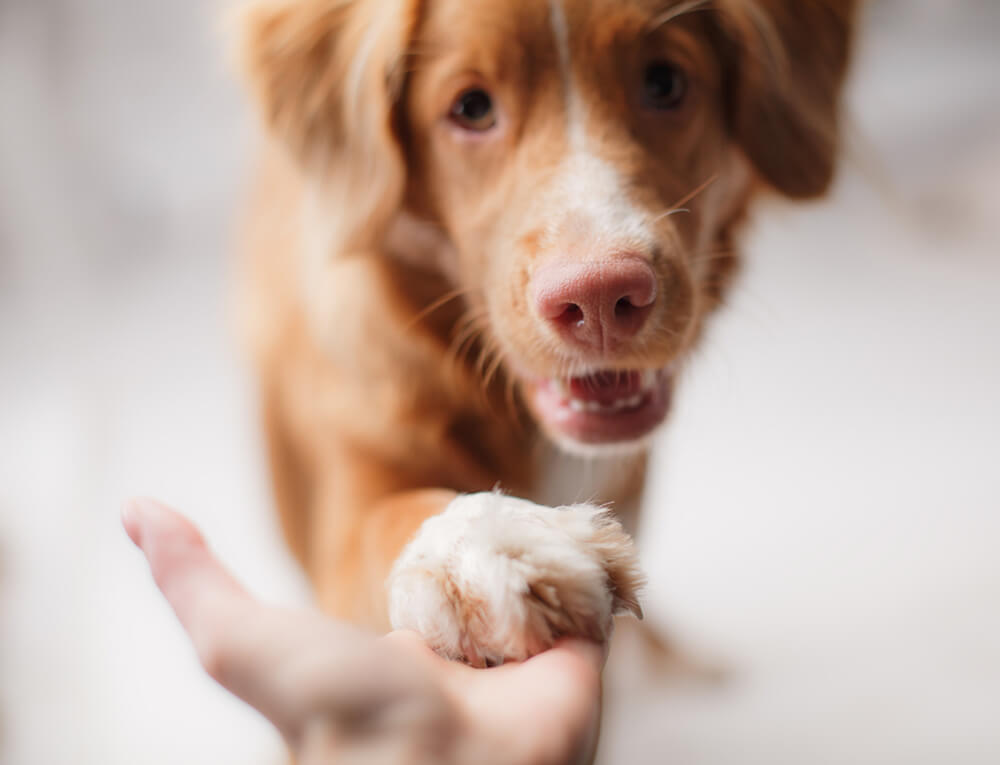
Deciding to neuter or spay your pet is an ethical and responsible choice and a great way to ensure better lifelong health. You improve their quality of life when you elect to have your female pet spayed or your male pet neutered.
- Spaying female pets eliminates the risk of uterine and ovarian cancer, unwanted litters, and reproductive complications. Spaying also significantly reduces mammary cancer risk.
- Neutering male pets eliminates the risk of testicular cancer and torsion and may minimize territorial behaviors, including wandering, urine-marking, and aggression.
The best age to spay or neuter your pet
What to expect from your pet’s surgery While these procedures can be performed at any age, we recommend speaking with our doctor about the best time for your pet's surgery. In general, cats should be spayed or neutered before 5 months of age to minimize health and behavioral risks. Dogs should be spayed or neutered after they are fully grown, ranging from 6 to 18 months, depending on their breed. Discuss this on your visit, or our doctor will remind you...it's that important.
What to expect from your pet’s surgery
Neighborhood Vets Mobile Care makes your pet’s spay or neuter surgery safe and convenient. First, we’ll visit your pet for a wellness exam to ensure they are healthy enough for the procedure. We will recommend pre-anesthetic blood work to ensure their kidneys and liver can safely metabolize the necessary medications. On the day of your pet's surgery, our hospital literally comes to you. Our fully equipped van includes a surgical table, lighting, sterilized instruments, and state-of-the-art anesthetic and monitoring equipment.

Once your pet is safely anesthetized, our doctor will perform their spay or neuter procedure. After surgery, your pet will receive pain medication, and we will communicate any after-care instructions to you. Your pet will be conscious but need to recover in your home and remain confined and inactive for 4-6 hours after surgery. To prevent complications, pets should be activity-restricted to short leash walks for 7 to 10 days while their incision heals. If your pet receives external sutures, we will schedule a post-operative visit to remove them. If you would like more information, have questions, or would like to schedule an appointment, please contact us.
